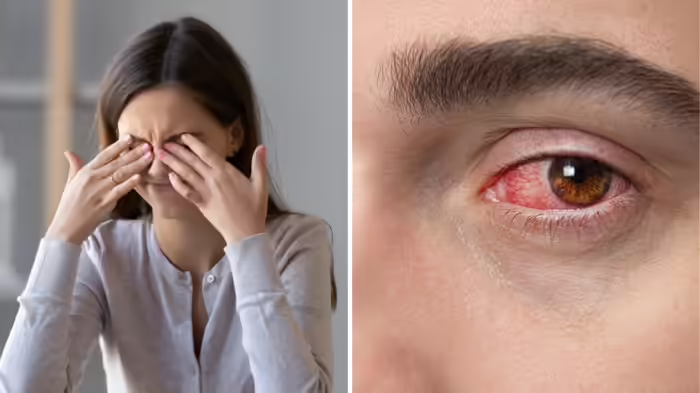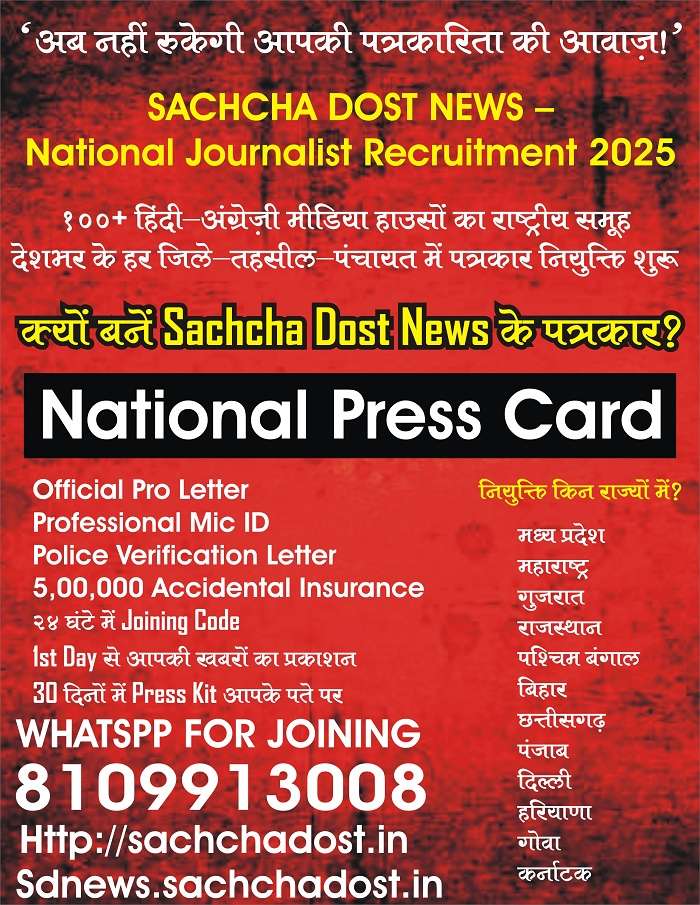
Air pollution is not just harmful to your lungs and heart—it can significantly affect your eyes as well. Exposure to pollutants can lead to eye irritation, pain, redness, and even blurred vision. Eye specialists suggest simple but effective ways to safeguard your eyes during high pollution days.
The Risk:
Delhi is currently witnessing alarmingly high pollution levels, with the Air Quality Index (AQI) breaking records. While the impact on the respiratory system and cardiovascular health is well-known, particulate matter (PM) also poses a serious threat to ocular health.
According to Dr. Ganesh Pillay, Chief Academics and Regional COO (Central India) at ASG Eye Hospital, fine particulate matter such as PM2.5 and PM10 can disrupt the tear film, increasing inflammation and oxidative stress. This can cause dry eyes, blepharitis, and conjunctivitis—resulting in burning, redness, and blurred vision.
Tips to Protect Your Eyes:
- Use Protective Eyewear:
Invest in high-quality protective glasses. Eye doctors can recommend frames that offer maximum protection, especially for contact lens users in high AQI zones. - Lubricate Your Eyes:
Pollution can damage the lipid layer of the tear film, causing hyperosmolarity and accumulation of salts and toxins in the eyes. Use preservative-free lubricants to keep eyes moisturized and flush out harmful particles. - Maintain Cleanliness:
Pollutants can settle on the skin around the eyes and eyelashes. Cleanse your face with mild cleansers and fresh water, and gently clean your eyelids. Avoid rubbing your eyes, and always keep your hands clean. - Limit Exposure to Outdoor Air During Peak Pollution:
Avoid opening windows and doors during early mornings and late evenings in high AQI areas, as smog tends to settle closer to the ground at these times. Use a humidifier indoors to maintain moisture and prevent dry eyes. - Include Omega-3 Fatty Acids in Your Diet:
Omega-3 fatty acids help reduce oxidative stress caused by pollution and support the function of Meibomian glands, which secrete oils for the tear film, keeping your eyes healthy.
Disclaimer: This article is intended for general information only. Navbharat Times does not guarantee the accuracy or efficacy of the information and it should not replace professional medical advice. Always consult an eye specialist for proper diagnosis and treatment.
Discover more from SD NEWS agency
Subscribe to get the latest posts sent to your email.
